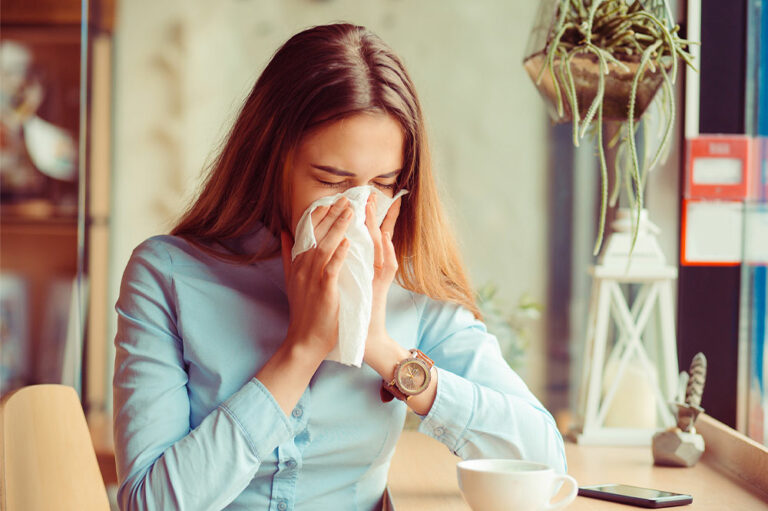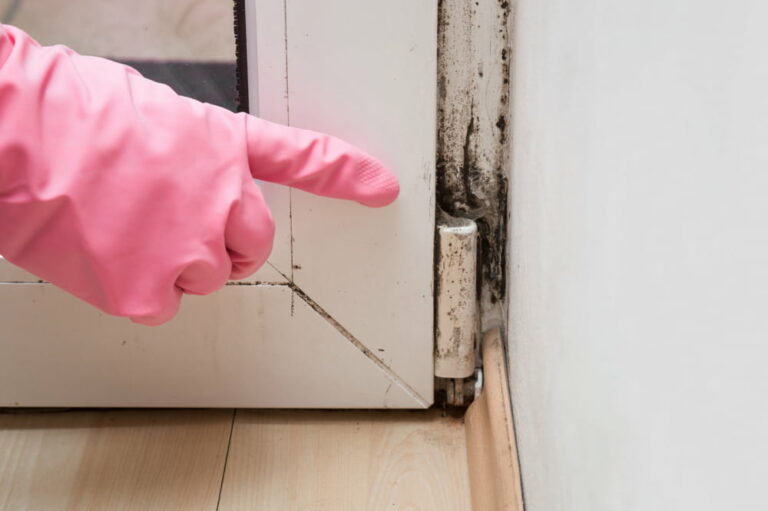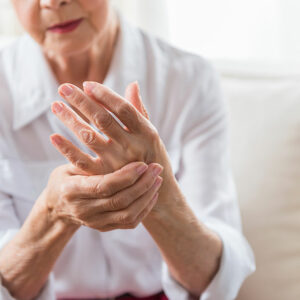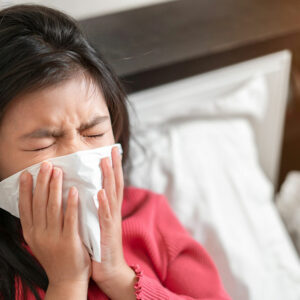
health
Impact of sugar on sleep and tips to manage its intake
Sleep and rest are vital to rejuvenate one’s body so it’s equipped to function optimally. Sleep influences everything from one’s mood and cognitive function to one’s physical health. However, certain lifestyle factors can disrupt the quality and patterns of one’s sleep, such as high sugar intake. Here is the lesser-known connection between sugar intake and sleep disturbances and some practical tips to manage one’s sugar intake to promote better sleep. Effects of sugar on sleep patterns Spikes and crashes Eating foods high in sugar, especially before bed, can lead to rapid spikes in blood sugar levels. These spikes trigger the release of insulin, a hormone responsible for regulating blood sugar. The subsequent insulin surge can cause a sudden drop in blood sugar levels, leading to hypoglycemia. These fluctuations can disrupt the sleep cycle, causing frequent awakenings during the night. Restlessness Sugar-rich foods and beverages can act as stimulants and raise blood sugar levels, leading to increased brain activity and arousal. As a result, falling asleep may become more challenging for individuals and lead to feelings of restlessness and tossing and turning throughout the night. Disrupted melatonin production In lay man’s terms, melatonin is considered the “sleep hormone”. This hormone helps the body to regulate one’s sleep-wake cycles.
Read More 









